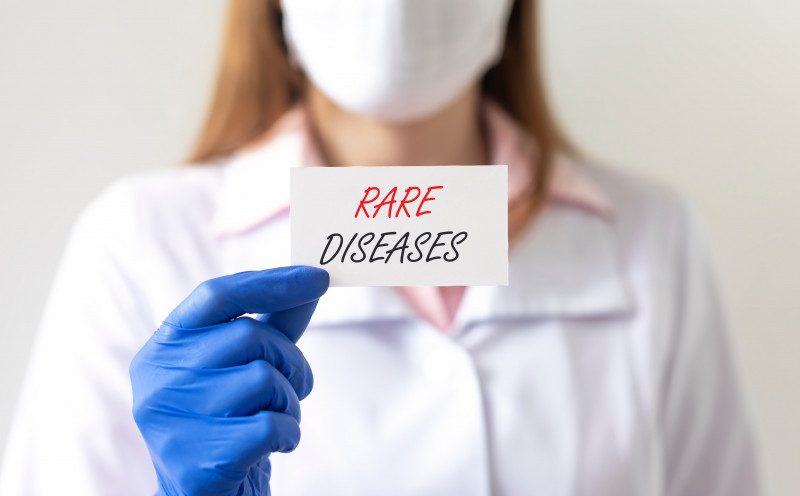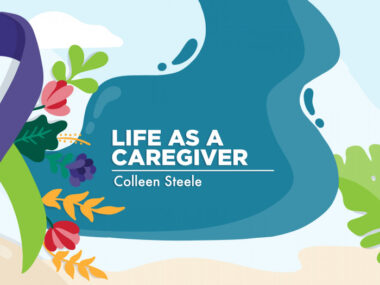Centogene Sets Mission to Cure 100 Rare Diseases in Next 10 Years
Written by |

VALIANTSIN SUPRUNOVICH/SHUTTERSTOCK
At its first virtual investor event, biotech company Centogene set a bold mission: to cure 100 rare diseases within the next decade.
A leader in the field of genetic diagnostics, Centogene used the June 22 event to present its strategic priorities, outlining its plans to speed the discovery and development of orphan treatments, and to improve access to these therapies for rare conditions.
Around 300 million individuals globally are thought to have one of the more than 6,000 identified rare disorders. Of them, only about 5% have at least one approved treatment. In the U.S., a disease is defined as rare when it affects fewer than 200,000 residents at any given time. In Europe, the criteria is fewer than one in 2,000.
“Over the past 15 years, Centogene has built a unique expertise and has become the leading data-driven insights provider purely focused on rare genetic diseases,” Andrin Oswald, MD, Centogene’s CEO, said in a press release.
“We are now embarking on our next growth phase — enabling the cure of 100 rare diseases within the next 10 years. This represents the potential to significantly contribute to reducing the burden of rare diseases,” Oswald said.
The company, which has headquarters in the U.S. and Germany, will use artificial intelligence and multiomic tools — a biological analysis approach — to put itself at “the focal point of precision medicine” for rare diseases, according to Oswald.
“This next chapter is powered by our unparalleled genomics knowledge, the world’s largest rare disease-centric Bio/Databank, global footprint, and strong established network of physicians, partners, and patients,” he said.
Centogene said its expansive and diverse biorepository contains patient specimens and genetic materials for research and development with pharmaceutical partners in the field of rare genetic diseases.
During the meeting, Centogene outlined to investors the company’s potential to contribute to the diagnoses of rare diseases and to expedite the development of new treatments. It said it will also focus on using its repository to accelerate the development of orphan therapies while working in collaboration with other pharmaceutical companies.
Its goal is to have one million patients in its biobank by midterm, as well as 10 full disease models, the company said. As of late last year, Centogene had 600,000 patients in its repository, representing more than 120 countries.
As for therapeutic disease areas, the Centogene said it will prioritize rare neurological and metabolic disorders, with an initial focus on Gaucher and Parkinson’s diseases. As of last year, the company had already collaborated with more than 30 pharmaceutical partners.
“As the rare disease market is vast and often overlooked, and as our capabilities will contribute significantly to the sector, we believe that this new focus will offer substantial possibilities for value creation,” Oswald said.



